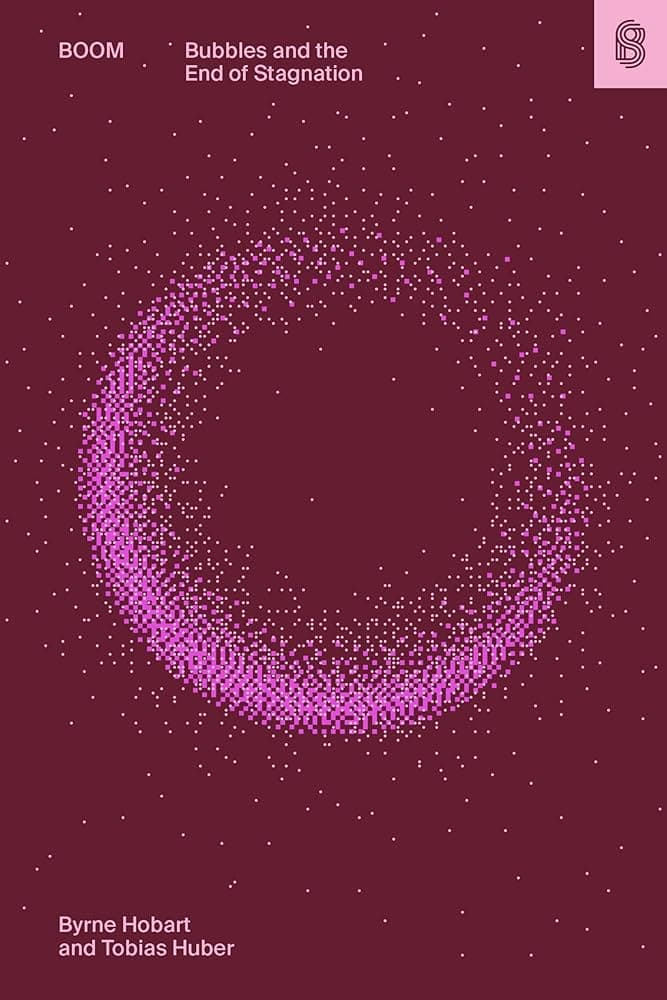Stripe Press Book 'Boom' Positions Bubbles as Key to Ending Stagnation

Ann Bordetsky has highly recommended "Boom: Bubbles and the End of Stagnation," a new book from Stripe Press that challenges conventional views on financial bubbles. Bordetsky praised the work for "perfectly captur[ing] the vortex of exuberance, talent density, capital, mission driven problem solving we’re in now — and why it’s a good thing!" The book introduces the concept of a "productive bubble" and argues for its positive role in societal advancement.
Authored by Byrne Hobart and Tobias Huber, the book contends that financial bubbles, often seen negatively, have historically served as engines of transformative progress. Published on November 19, 2024, by Stripe Press, "Boom" offers an inductive approach, examining breakthroughs from the Manhattan Project and the Apollo program to Moore's Law and Bitcoin. These case studies aim to reverse-engineer how significant innovation arises from dynamics often associated with bubbles.
The authors propose that bubbles create unique conditions for innovation by bringing together small groups with unified visions, substantial funding, and sometimes surprising accountability. This perspective directly addresses the "age of stagnation" observed since the 1970s, characterized by slowing median wage growth, rising inequality, and decelerated scientific discovery. "Boom" provides a blueprint for accelerating innovation, integrating insights from economics, philosophy, and history.
Bordetsky highlighted a key insight from the book, quoting, "> At its best, FOMO is the nagging suspicion that someone is building the future, and it could be you." This sentiment underscores the book's optimistic vision, suggesting that collective enthusiasm and risk-taking, even within a bubble, can lead to groundbreaking achievements. The work has garnered endorsements from prominent figures like Peter Thiel and Marc Andreessen, further emphasizing its potential impact on discussions about progress and economic development.